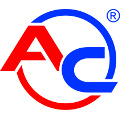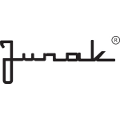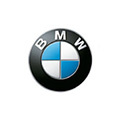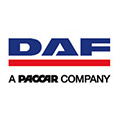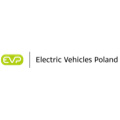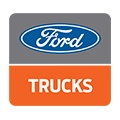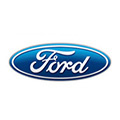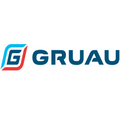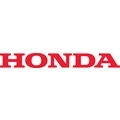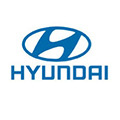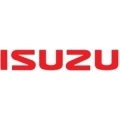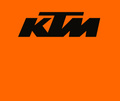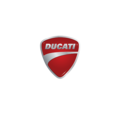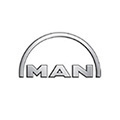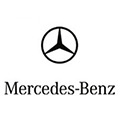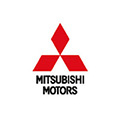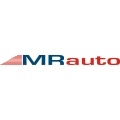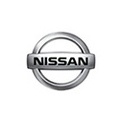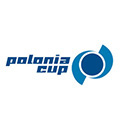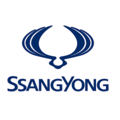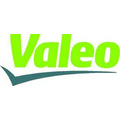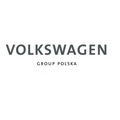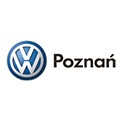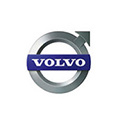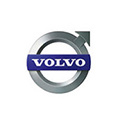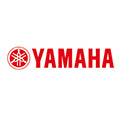05_V4 Automotive Summit urges governments to support the industry's competitiveness
The countries of the V4 have become a major automotive powers within Europe. This is evidenced by specific figures and statistics. Last year, 3 650 931 cars were produced in the V4 region, which is about one quarter of Europe's total production. Automotive production employs more than 630,000 workers in our region and directly or indirectly affects the creation of more than 1,300,000 jobs. The GDP has significant impact on this, which fundamentally affects the economies of individual V4 countries.How to maintain the growing trend and promote the competitiveness of the automotive industry in the V4 countries was also the main topic of the international conference in Bratislava.
These statistics are, on the one hand, extremely positive, but on the other hand they present a number of challenges or risks to keep the automotive industry competitive. Given the years of common political and societal development in the V4 region, these challenges are almost identical in the Vysehrad countries, they work the same way and bring similar problems. "It is therefore necessary to name and clearly define the specific needs and challenges," says Juraj Sinay, President of the Automotive Industry Association of the Slovak Republic. "And then, at the level of top political leaders, industry representatives, the executors try to find ways to establish mutual communication and co-operation in creating the opinions of individual members of the V4 group."
This was also one of the goals of the international automotive conference held in Bratislava under the auspices of the V4 countries - the Slovak Republic, the Czech Republic, Hungary and Poland. The partner of the conference, which also addressed the topic of exploiting the potential of the Central European region, was the Hyundai Motor Group. Discussions were focused on the importance of the V4 region in the context of internal problems and external challenges that the automotive industry faces.
In the framework of internal topics, all countries in the region are promptly addressing the shortage of qualified labor, the development of supply networks, the need for development and the promotion of applied research and development. External challenges arise as a result of ongoing processes often outside the region. These are geopolitical changes in the regions where products are exported, free trade agreements, changes in thinking and the arrival of a new generation of customers, an objectively ongoing Industry 4.0 digitization.
Particular importance has also European Union legislation, which demands the decarbonisation of transport (tightening of emission limits), increasing safety requirements, changes in technical legislation in the area of vehicle approval for road traffic conditions raises revolutionary changes affecting the whole chain of vehicle production and distribution. The V4 countries represent an important political and economic group within Europe, after Brexit will grow.
Representatives of V4 automobile unions and associations want a joint declaration to invite governments to cooperate and promote industry and propose to create a platform for regular meeting at the Central European level.

